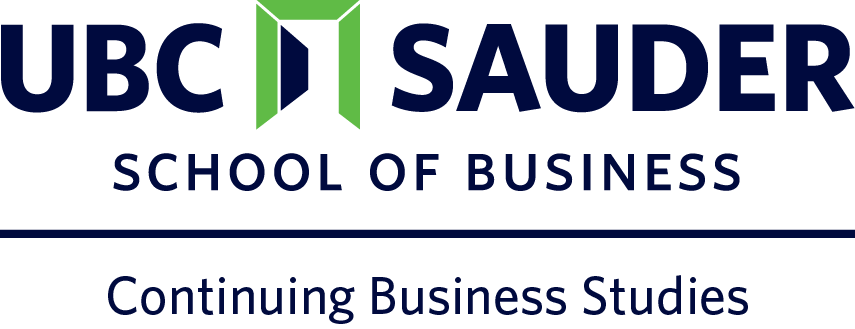July 2022 Speaker Event
Experimental Innovation: Should BAs care about non-functional requirements or research and development?
Speaker: Dr. Peter Riddell
About the event:
Are you working on a project that involves research and development (R&D)? Maybe you are, but you don’t realise it or don’t know the best techniques for R&D project work.
Join Dr. Peter Riddell to understand why business analysts should care more about R&D and non-functional requirements. Learn about methods for recognizing and describing cycles of innovation and connect what you’ve learned back to the BABOK®.
About the speaker: Dr. Peter Riddell
As a researcher and management consultant with a doctoral degree in R&D for large strategic projects (Grenoble Ecole de Management), Dr. Peter Riddell has developed unique models to aid clients conducting R&D within a non-laboratory business setting.
My Research Community is the annual global R&D Management Conference (Wiley Journal), where he regularly present papers. This year’s Conference in mid-July is at Trento University, Italy, and has accepted this paper “Experimental Innovation: Charles Sanders Peirce revisited“ for presentation and peer review in track 2.10 Contextual Specificity in R&D Management.
With the Project Manager Professional (PMP) designation, the Certified Business Analyst Professional (CBAP) certification and risk management certifications from the Information Systems Audit and Control Association (ISACA), Dr. Riddell can see experimental innovation from different viewpoints of project management, business analysis and risk.
He started his study of R&D in a business context with an MBA in Digital Technologies Management from Royal Roads University and a BTech degree in Forensic Investigation from the British Columbia Institute of Technology (BCIT).
The cost savings from government incentive programs for R&D is one thing (covered briefly); however, the key goal of his focus is to aid further research and to help improve R&D Management practices within a business setting for experimental projects with Technological Uncertainties.
About the paper: Experimental Innovation: Charles Sanders Peirce revisited
Research and Development (R&D), often takes place outside of formal R&D settings as experimental development (Miles, 2007). Normally, formal R&D employs the disciplines to manage Technological Uncertainty (TU) with relevant management practices. However, for informal R&D in a business setting, such as software projects with Non-Functional Requirements (NFRs), organizations typically use standard methodologies. This approach is suitable for Business as usual (BAU) projects, but often leads to unsatisfactory outcomes for experimental projects.
The Frascati Manual defines experimental development as “Systematic Work”; However, it does not supply details on how to conduct successful experimental projects (OECD, 2015).
A century ago, Charles Sanders Peirce defined experimental development and the scientific method as a cycle of “Abduction” (the observation of a problem and hypothesis for its solution), “Deduction” (the implementation of the solution based on the hypothesis), and “Induction” (the testing of the solution) and referred to this cycle collectively as “Retroduction” (Minnameier, 2003).
Using Boehms concept of “proportions of effort”, I conducted doctoral research using a mixed methods framework to map Peirce’s cycle of Retroduction to a 12-year database of experimental technology projects, producing relevant results by comparing failed and successful projects (Boehm, Abts, & Chulani, 2000).
The findings, framework, and the thought processes of Retroduction may help practitioners to recognize and better manage experimental projects, to avoid R&D traps fixed on a limited set of hypotheses, and where rapid hypothesis generation (not to be confused with Agile/Lean), implementation and testing, can lead to better project outcomes.
Event Details
Location: Zoom meeting link will be provided half an hour before start time
Cost: Free for IIBA members; $5 for non-members
Special thanks to our Platinum Sponsors!
Education Sponsor
Supporting Sponsor






